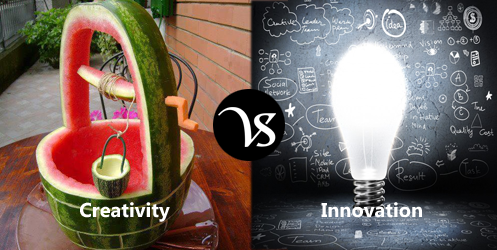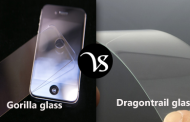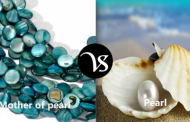 Creativity:
Creativity:
Creativity is a process of making something new and useful or valuable. Creativity is a mental process that helps one to become more creative than others which cannot be measured. Creativity means generating new ideas. Creativity is about experience.
Innovation:
Innovation means bringing the new ideas into life. In other words, innovation is the process of making the dreams comes true. Innovation is practical. It is the ability to create something of subjective value. Innovation can be done only with the things which are already invented.
Differences:
| Basis | Creativity | Innovation |
|---|---|---|
| Definition (www.oxforddictionaries.com) |
The use of imagination or original ideas to create something; inventiveness | The action or process of innovating. |
| Synonyms | Imagination, genius, originality, talent and imagination | Modernization, introduction, departure, deviation and mutation |
| Antonyms | Reality | Custom, habit, tradition, rut and stagnation |
| Types | Its types are:
|
Its types are:
|
| Word origin | It was originated in between 1870-75. The lexeme in the English word creativity comes from the Latin term creō “to create, make’: its derivational suffixes also come from Latin. The word “create” appeared in English as early as the 14th century, notably in Chaucer, to indicate divine creation. | It was originated from Late Middle English: from Latin innovatio(n-), from the verb innovare. |
| Focus | Creativity is focused on the vast array of imaginations. | Innovation is focused on getting one particular result through one particular path. |
| Term | It is the term often used in literature. | It is the term often used in management. |
| About | Creativity is all about experience. | Innovation is practical. |
| Action | As for creativity, this word refers to the internal planning that occurs without the added action. | Innovation requires taking action and often requires the taking action and often refers to something that has been created and put to the test. |
| Related | Creativity is related to experience. | Innovation is related to observation. |
| Risk | It does not involve risk. | Risk is always attached to innovation. |
| Pronunciation |
|
|
| Quantifiable | It is not quantifiable. | It is quantifiable. |
| Costs | Creativity is free of cost. | Innovation costs money. |
| Related to | It is related to thinking something new. | It is related to introducing something new. |
| Money consumption | It does not require money. | It requires money. |
| Advantages/Benefits | Its advantages are:
|
Its advantages are:
|
| Disadvantages | Its disadvantages are:
|
Its disadvantages are:
|
| Example in Sentence |
|
|





